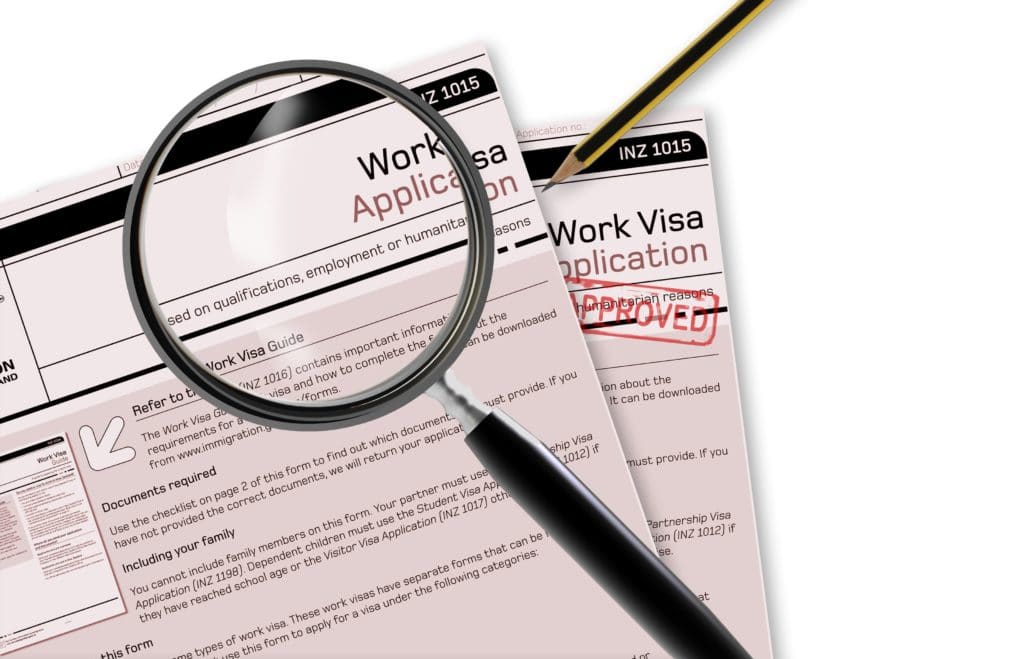There has been a change to how DUI offences are classified in Canada, further preventing entry into Canada of US individuals with DUI convictions.
In the past, foreign workers from the United States with one DUI offence would usually be permitted to work in Canada on a Work Permit either:
- with a Temporary Resident Permit (“TRP”) issued at the port-of-entry; or
- being “deemed rehabilitated” when the applicant only has one criminal offence and the terms of the sentencing were completed at least ten years prior to entry.
However, as of December 18, 2018, Bill C-46 became law and impaired driving offences are now classified as serious criminality instead of simple criminality under section 36(1) of the Immigration and Refugee Protection Act. This bulletin will outline the key implications of Bill C-46 for employers who wish to hire foreign workers with DUI offences.
Will my current Employees be affected?
A foreign worker who is currently holding a valid Work Permit and TRP will be able to continue to work in Canada on the same terms and conditions of the current immigration documents until they expire.
Further, if the foreign worker was “deemed rehabilitated” for a DUI offence outside of Canada before December 18, 2018, then the foreign worker would not need to re-apply for relief to overcome inadmissibility for that same offence.
How would Bill C-46 impact the Hiring Process?
Applicants with previous DUI offences may now be required to submit applications for a Work Permit and TRP at the Consulate General of Canada office instead of at the port-of-entry. The current processing time for a TRP application or a Rehabilitation application is approximately 6 to 9 months (as opposed to immediate processing at the port-of-entry). The processing time is subject to change without notice and it is based on the number of applications received by the Consulate General of Canada office.
If the DUI offence occurred before December 18, 2018, then the foreign worker may still be eligible to apply for a Work Permit and TRP at the port-of-entry. The foreign worker may also be admissible to Canada pursuant to the deemed rehabilitation provision. Currently, only citizens of the United States are eligible to apply for a TRP at the port-of-entry. Foreign nationals from other visa-exempt countries are generally not eligible to apply for a TRP at the port-of-entry because they usually require an Electronic Travel Authorization to travel to Canada.
If the DUI offence occurred on or after December 18, 2018, then it is classified as serious criminality and, as such, would not meet the requirements to qualify under the deemed rehabilitation provision. Further, the foreign worker will need to apply for a Work Permit and TRP or Rehabilitation (if qualified) by submitting an application to the Consulate General of Canada office in New York for Rehabilitation applications or to Consulate General of Canada office in Los Angeles for TRP and Work Permit applications.
Conclusion
DUI offence is now classified as serious criminality and this may have an impact on employers who need their newly hired employees to work in Canada under short notice. Accordingly, when hiring a foreign national, the employer should find out when the DUI offence occurred because this will determine whether or not the foreign national will be eligible to apply for a Work Permit and TRP at the port-of-entry.
This is a brief outline on the key implications of Bill C-46 for employers who need to hire foreign workers with DUI offences. For further information, please do not hesitate to contact one of the lawyers in our Immigration Law Practice Group.



